
Kay Jewelers Owner Falls After It Slashes Annual Outlook
The owner of Kay Jewelers and Zales slashed its outlook for the remainder of the fiscal year as
2023-06-08 21:17

Hong Kong Court Convicts Man Over Use of 2019 Protest Song
A Hong Kong court convicted a man for using a 2019 anti-government protest song in an edited video
2023-07-05 18:57
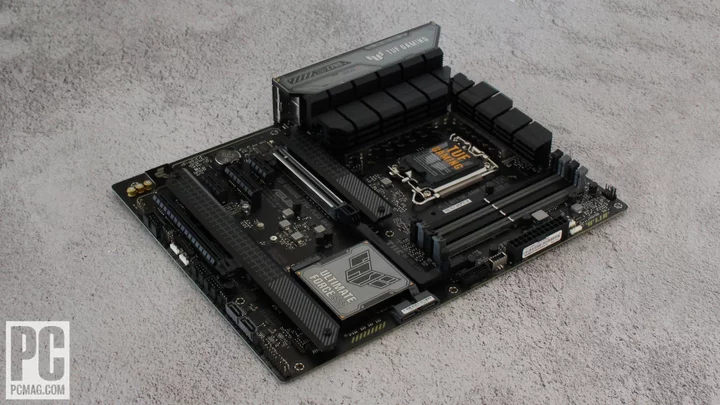
Asus TUF Gaming Z790-Plus Wi-Fi Review
The Asus TUF Gaming Z790-Plus Wi-Fi ($229.99) is an affordable Intel Z790 motherboard that promises
2023-09-04 07:19
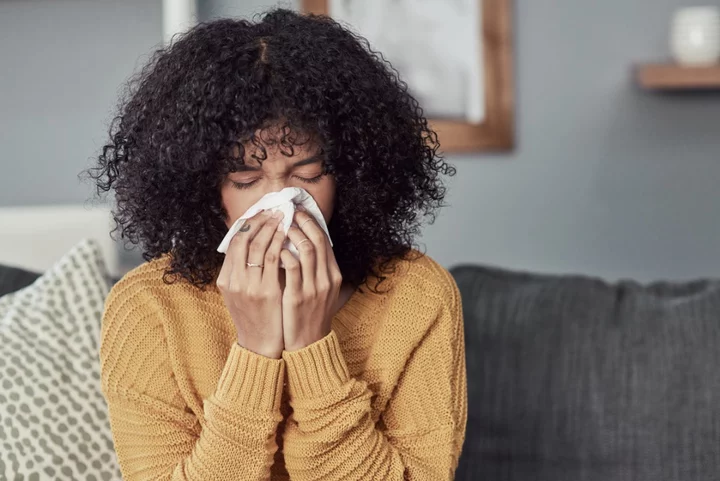
A £4 hay fever tablet which ‘cures all symptoms’ is selling out
A brand of over-the-counter hay fever tablets are quickly selling out after being hailed a “miracle cure” by social media users. Several videos from TikTok creators have gone viral in the past week after they discovered that Allevia, an antihistamine that retails for as little as £4, could relieve them of hay fever’s symptoms. The tablets, which claim to provide relief for 24 hours, were previously only available on prescription but were re-classified to general sales status by the UK’s Medicines and Healthcare products Regulatory Agency in December 2021. The active ingredient in the tablets is fexofenadine hydrochloride, which works by blocking the effects of histamine in the body, subsequently reducing symptoms such as itching and sneezing. One TikTok user who was previously struggling with hay fever said all of her symptoms were “completely gone” after taking the tablet. Another shared an in-depth review on the effects of the tablets after a full day. After five hours of taking the medication, she said she hadn’t sneezed once. “This actually works. I’m impressed. My eyes are not bulging because they are itching. I feel good, I can enjoy the sun,” she said. She gave another update eight hours after taking the tablet, telling viewers that she had been out all day “around nature and plants” and still showed no symptoms. @tianarene1 it worked for me, but lmk your experience! Always read the leaflet to be safe! #allevia #alleviareview #hayfevertablets #hayfeversymtoms #hayfever ♬ original sound - Tiana René The popular tablets are stocked in most of the UK’s popular supermarkets, including Asda, Tesco, Morrison’s and Sainsbury’s. They are also available in Boots and Superdrug. Due to high demand, at the time of writing they are sold out on the Boots, Asda and Tesco websites. People have also praised the effects of Allevia on Twitter. “Those that suffer from hay fever, stop using the Piriteze tablets and buy Allevia tablets – it will stop your sneezing or throat itching within seconds,” one person wrote. Another said: “Allevia has changed my life, what a drug.” “I have gone from having the worst hay fever you will ever see anyone have in your whole life, to feeling like I’ve never had it. Allevia, you have cured me,” a third person said. Side effects of Allevia include headaches, dizziness, nausea and drowsiness. Read More Schoolboy almost dies from swallowing magnets for TikTok challenge Woman shares honest review of New York City apartment TikTok mom slammed after making 5-year-old son run in 104 degree heat The £4 hay fever tablet that ‘cures all symptoms’ 6 mouth cancer symptoms everyone should know Breast cancer symptoms and survival rate as Amy Dowden diagnosed
2023-06-01 18:18

Doctors warn of New Zealand health tragedy after smoking ban scrapped
Doctors blasted New Zealand’s conservative government on Tuesday for revoking world-leading anti-smoking laws, warning that people will die over the...
2023-11-28 13:59

Trauma Over Hostages Shapes Israel's Unflinching Gaza Response
Family and friends were ringing Avshalon Haran’s mobile phone for hours on Oct. 7 before a stranger abruptly
2023-10-14 02:21

US restaurants set for second-half profit boost as costs ease, demand stays firm
By Deborah Mary Sophia Restaurant chains including McDonald's and Chipotle Mexican Grill are expected to report strong profits
2023-07-24 23:26

NYT's The Mini crossword answers for October 30
The Mini is a bite-sized version of The New York Times' revered daily crossword. While
2023-10-30 14:19

VW's ID. Buzz Is an Automotive and Cultural Icon Electrified
HUNTINGTON BEACH, Calif.—While electric vehicles like the Hyundai Ioniq 5 and Rivian R1T rely on
2023-06-03 10:27

'We know you don’t eat Doritos': Kris Jenner slammed for 'cringe' Papa John's Pizza collaboration
Kris Jenner shared a fresh idea for a partnership between Doritos and Papa John's, but fans were not happy with the commercial
2023-05-14 15:45
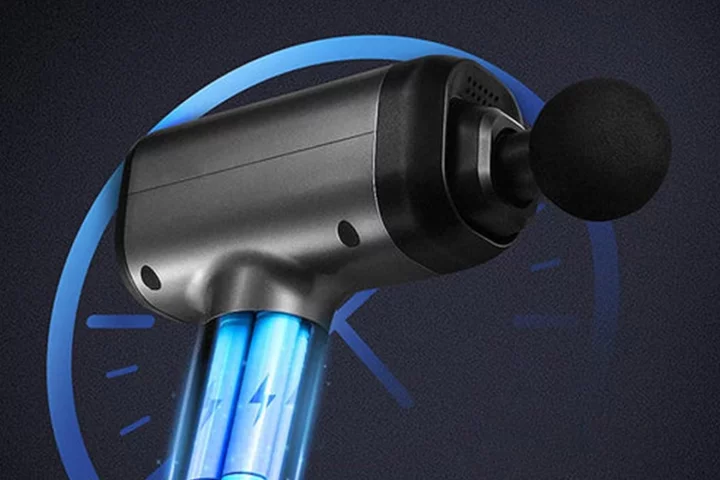
Save $77 on this relaxing personal massage gun just in time for Father's Day
TL;DR: As of June 4, get this Professional Massage Gun with five heads for just
2023-06-04 17:54
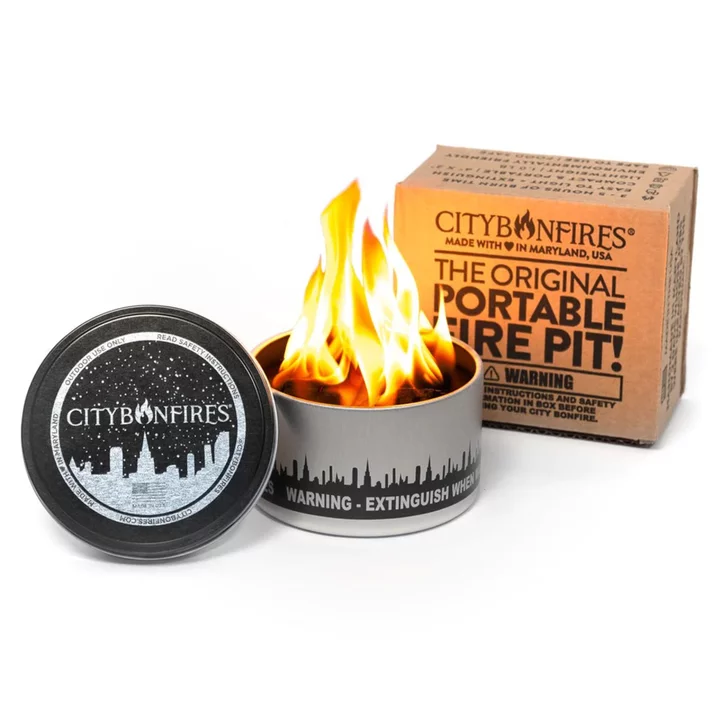
The Best Portable Fire Pits For Summer Roasts & Fall Marshmallow Toasts
Fire pit season transcends time. From spring cookouts to summer night bonfires, autumn marshmallow toasts to cozy winter roasts — it's never too late to invest in the best fire pit for your lifestyle. And while you're at it, make it portable. Boom: perfect heartwarming get-togethers anytime, anywhere.
2023-08-08 06:45
You Might Like...
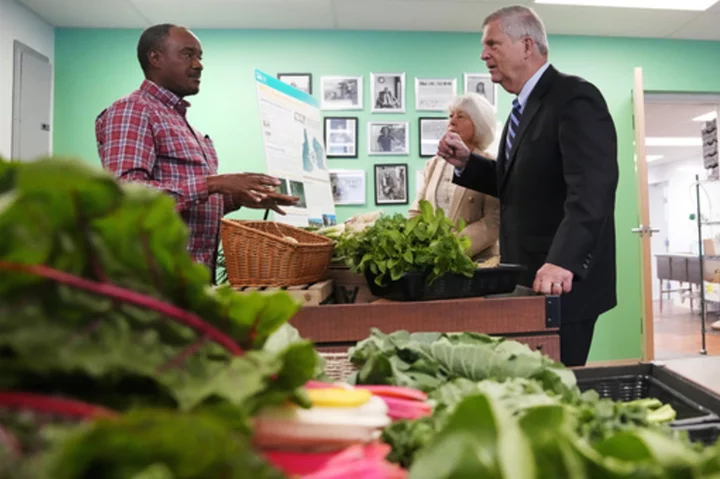
Agricultural producers and food businesses throught nation getting $320M boost from USDA

Clever Carnivore Names Russell Thomas VP of Product Development

South Carolina legislature sends 6-week abortion ban to governor's desk

Russia's Putin honoured in Andy Warhol-inspired fashion show
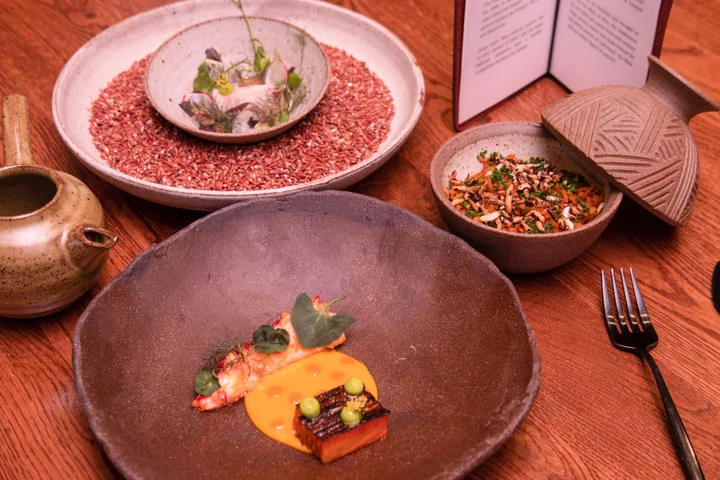
As Michelin Expands, Black Chefs Continue to Miss Out on Stars

The shared symptoms of menopause and young onset dementia

Twitter's New Ad-Free 'Premium+ Tier' Costs $16 Per Month

Doctors walk out in UK health service's biggest strike
